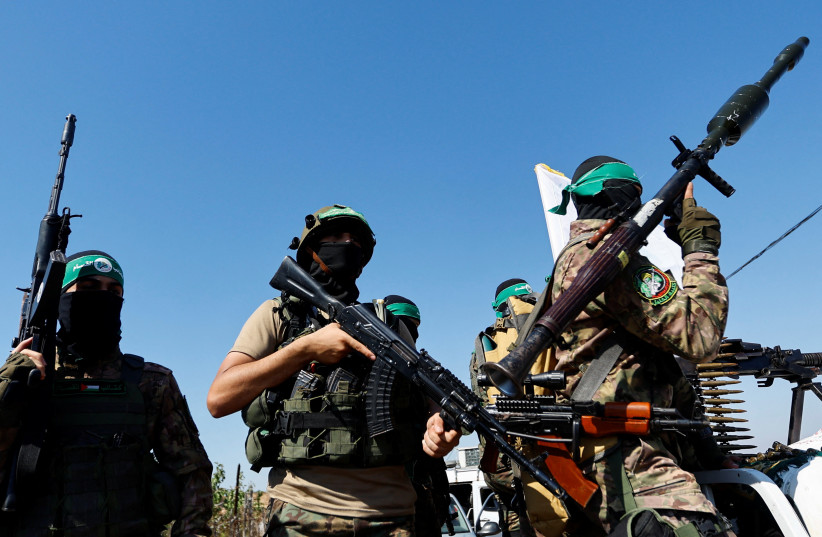Since October 7, a range of terms has frequently been used (or misused): “occupation,” “apartheid,” “ceasefire,” “ethnic cleansing,” and “genocide.” But there is one word that has lingered in my mind. It’s a term commonly used in the Israeli-Palestinian conflict but one that I hadn’t deeply considered before. The word is “dehumanization.”
Dehumanization plays a significant role in exacerbating the Israeli-Palestinian conflict by perpetuating cycles of violence and animosity. Both sides often resort to dehumanizing rhetoric and actions, portraying the other as less than human and therefore unworthy of empathy.
This dehumanization fuels hatred and justifies aggressive actions. The portrayal of Palestinians as terrorists or Israelis as oppressors dehumanizes entire populations, hindering efforts for peace. As an Israeli-American with family in Israel, I’ve always supported Israel, and recently, I’ve pondered the repercussions of dehumanization.
I have also recently dwelled on a related topic. The international community has placed considerable blame on Israel for the current conflict, particularly regarding civilian casualties in Gaza. The international community also places the responsibility for protecting Gazan civilians on Israel, even though we’re aware that Hamas uses civilians as human shields.
Hamas goes to great lengths to endanger civilians because higher casualties lead to increased public condemnation of Israel. We also know that Hamas inflicts harm on its own people resulting in casualties under various circumstances, yet Israel bears the brunt of the blame.

So why is that?
Dehumanization absolves accountability
The answer lies in dehumanization. The international community rightly dehumanizes Hamas. It’s a terrorist organization that commits unimaginable acts of violence. We’ve witnessed these atrocities through videos and accounts, understanding their capacity for inhumanity.
When a group is dehumanized, it’s absolved of accountability. Stripped of its humanity, we don’t expect the members to act as humans, and, thus, we don’t hold them responsible.
On the other hand, the international community demonizes (not dehumanizes) Prime Minister Benjamin Netanyahu and his government, and this actually reinforces the desire to hold them accountable. The perceived malevolence of the Israeli government strengthens the belief that they should answer for any harm they cause. Rather than urging Hamas to protect civilians or provide humanitarian aid, all the responsibility is shifted onto Israel.
When the international community consistently holds Israel accountable for actions that could and should be attributed to Hamas, it creates an imbalanced dynamic where pressure is primarily directed at Israel to resolve problems. This is leading to a situation where other countries and organizations become less inclined to provide meaningful assistance or support to Israel.
Recently we have heard leaders worldwide consistently urging Israel to exercise caution and allow the International Committee of the Red Cross (ICRC) to visit Palestinian terrorists. However, where is the equivalent pressure on Hamas to surrender, permit ICRC access to hostages, or ideally, unconditionally release the hostages?
While we urge the international community to classify Hamas as a terrorist organization, the act of dehumanizing the terrorist group has led to negative outcomes. We must remind the international community that they are human and thus ensure they are held accountable and that the pressure is redirected toward them to bring an end to this conflict.
The writer, founder of HARK Research, is an American-Israeli living in Baltimore. Since October 7, she has become an online activist for Israel as well as one of the organizers for the Baltimore chapter of Run For Their Lives, run4lives.org, a weekly walk dedicated to raising awareness for the hostages and calling for their immediate release.
